| Content | This is the translation of sections from Martyr Mutahhari's book Sayri dar Nahj al-balaghah. This book consists of seven sections. In the first section the author discusses the two main characteristics of the Nahj al-balaghah; its literary excellence and its multidimensionality, quoted various opinions expressed about Imam Ali's eloquence in general and about the Nahj al-balaghah in particular. In the second section, the author discusses the theological and metaphysical ideas propounded in the Nahj al-balaghah and compared them with the parallel notions familiar to the Muslim mutakallimun and philosophers. The third section deals with ibadah (worship) and its various levels. The fourth section deals with Islamic Government and Social Justice. The fifth, dealing with the controversial issue of caliphate (khilafah) and the superior status of the Ahl al-Bayt (A), has been deleted in this translation. The sixth and the seventh sections discuss the Nahj al-balaghah's ethical teachings, in particular the Islamic Concept of zuhd (abstinence); the meaning of the world (dunya), so often condemned in the Nahj al-balaghah; and the meaning of the contradiction between the world and the hereafter, which is also recurring theme.
HEAVILY SUBSIDIZED BY WWW.ISLAMICTHOUGHT.CO.UK | This book will take to an advance level spirituality by the great master "Alamah Sayyid Muhammad Husayn Tabatabai" want to get high on level self purification then this book is ideal. This text presents a series of twenty-one discourses related to the spirituality of Shi'ism and various key interesting topics in Islam.
Heavily subsidized by www.islamicthought.co.uk | This text begins introducing the (Duas) Definition of Prayer, and its importance. The author explains how prayers are accepted, and what acceptance of prayer can lead to in a believer's life. Beyond the literal recitation of the prayer, in this text we can find the etiquettes of prayer, and other aspects we must take into consideration.
Want to understand and put your heart into your Duas, this book will help you to do just that, ideal for people living in the west, simple do along technique's.
Topics covered 1 Definition of prayer 2 Requisites of Supplication 3 Obstacles and Hindrances 4 Lawful and Unlawful request 5 Supplication of Ahl al-bayt 6 Visitation: Its Monotheistic and Political dimensions.
HEAVILY SUBSIDIZED BY WWW.ISLAMICTHOUGHT.CO.UK | A series of letters debating Shi'i and Sunni beliefs between the late Shi'i scholar Sharaf al-Din, and the late Sunni scholar and head of Al-Azhar university of that time, Al-Shaykh Salim al-Bishri al-Maliki. The written form of the debates in book, has the advantage that the two parties had the opportunity to provide the best possible replies they could give. The book is written without any disrespect and under mutual fairness. This is one of the most important books that provides a well-argued account of Shiite beliefs, drawing upon reliable sources with a persuasive tone.
HEAVILY SUBSIDIZED BY WWW.ISLAMICTHOUGHT.CO.UK | Principles of good governance in the letter of Ali to al-Ashtar refers to a set of instructions and advice for rulers, reputedly addressed at Malik al-Ashtar (d. 657), the Arab military commander and an ardent supporter of Ali ibn Abi Talib (d. 661), who was the fourth Rashidun caliph (r. 656–661), the first Shia imam, and the cousin and son-in-law of the Islamic prophet Muhammad. The letter is attributed to Ali and outlines his conception of just and righteous governance, following the appointment of al-Ashtar as the new governor of Egypt circa 657 CE. Among the earliest extant records about Islamic rule, the letter has received considerable attention throughout the Muslim history as a blueprint for Islamic governance. The theme of the letter can be summarized as justice and compassion for all, regardless of class, creed, and color. Malik was killed en route to Egypt to assume his new post at the instigation of Mu'awiya, the archenemy of Ali.
HEAVILY SUBSIDIZED BY WWW.ISLAMICTHOUGHT.CO.UK | This book Shi`ah Advanced Seminary Its Phases, development and characteristics, takes you through a journey how the Hawza system work. Topics covered 1 History of two Hawzahs 2 Style 3 Hawzah flexibility 4 Political independence 5 Economic independence 6 spiritual independence 7 First to third phase 8 Powerful education system
HEAVILY SUBSIDIZED BY WWW.ISLAMICTHOUGHT.CO.UK
|

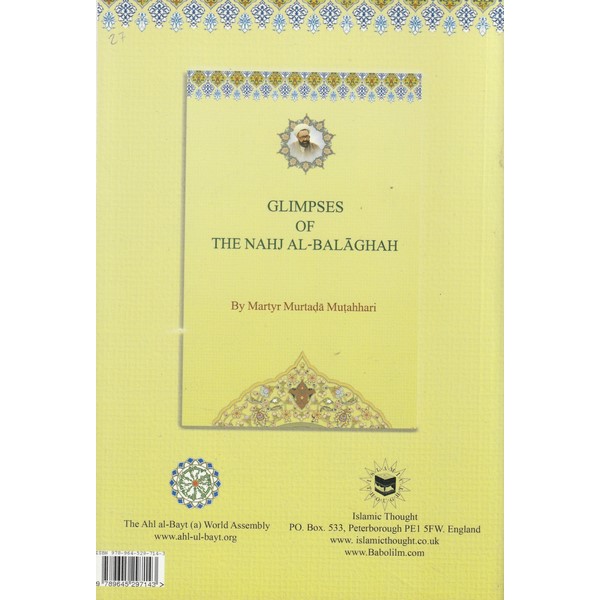
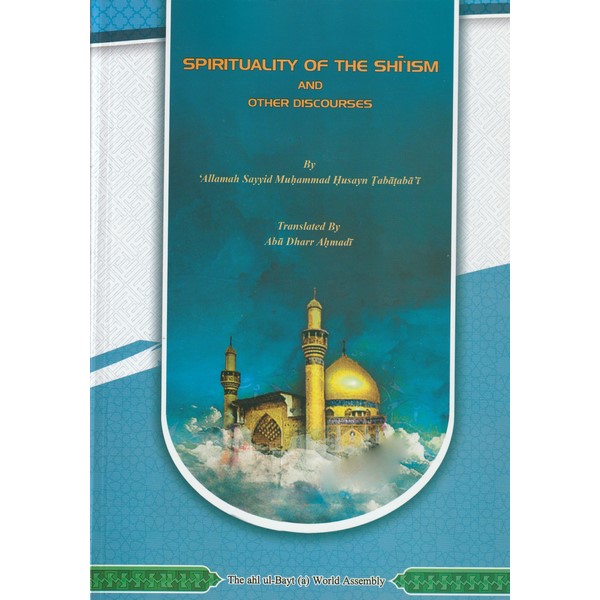
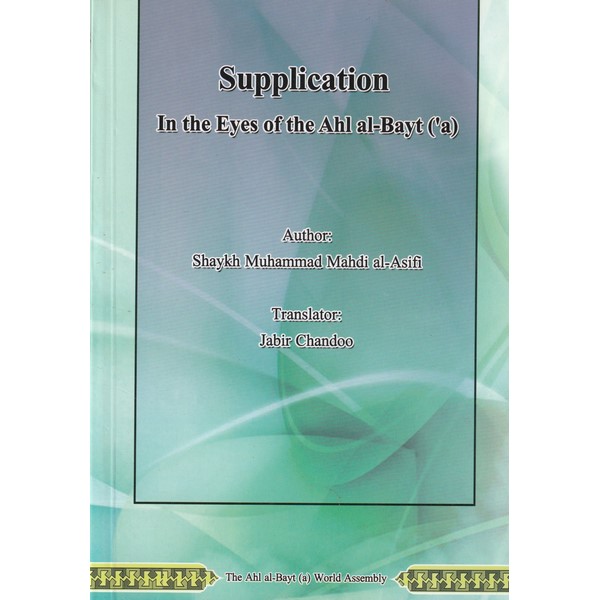






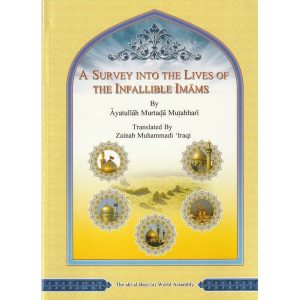
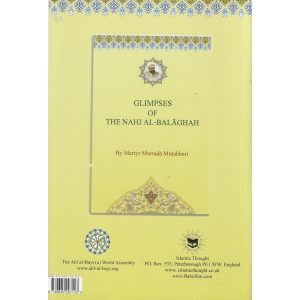
Reviews
There are no reviews yet.